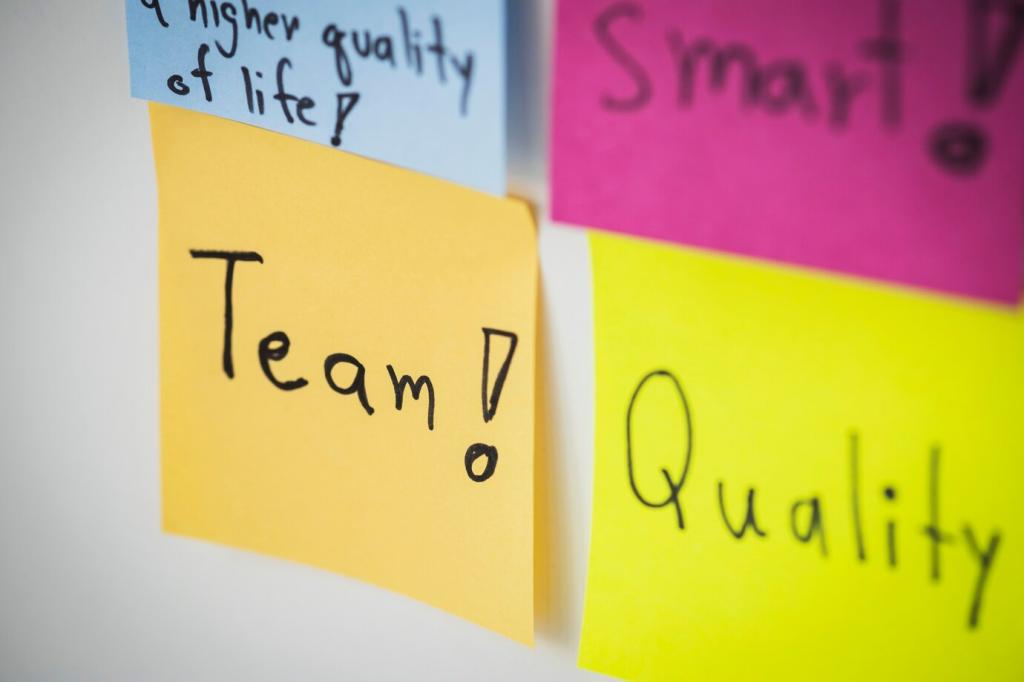
Building Trust in Virtual Work Environments
Establishing trust in virtual work environments is essential to cultivate productive, engaged, and satisfied remote teams. With physical barriers in place, organizations must proactively implement strategies that foster transparency, reliability, and a sense of belonging among distributed employees. Building trust requires more than adopting technology; it hinges on intentional communication, clear expectations, and a sustained commitment to a culture of mutual respect.
Previous
Next
Communication Foundations
Transparency in messaging means more than simply sharing updates or conveying directives. It requires that leaders and team members alike are forthcoming about decisions, challenges, and rationale. By openly discussing both successes and setbacks, individuals demonstrate integrity and invite confidence. When critical information is withheld or unclear, suspicion and disengagement can grow, undermining trust. Transparent communication encourages questions and feedback, helping the whole team stay aligned and committed to shared goals.
Defining Roles and Expectations
Every virtual team member should have a thorough, up-to-date understanding of their job requirements and overarching objectives. Unambiguous descriptions empower individuals to focus on their core responsibilities and measure their performance accurately. Leaders who provide precise guidance prevent misunderstandings that can cause friction. This clarity assures employees of a fair and orderly process, reinforcing their trust that they are evaluated and supported based on well-defined standards.

Virtual Social Spaces
Designating regular times and digital spaces for casual conversation mirrors the spontaneous interactions of a physical office. Virtual break rooms, coffee chats, or game sessions give employees a venue to build rapport outside formal work meetings. These moments of camaraderie foster the social glue that binds teams together, making it easier to communicate honestly, resolve conflicts amicably, and offer support when challenges arise. Over time, these relationships contribute to a culture where trust thrives.
Recognition of Personal Milestones
Celebrating personal achievements—such as birthdays, work anniversaries, or life events—shows team members they are valued as individuals, not just contributors. When organizations recognize such moments, employees feel seen and appreciated, deepening their engagement and sense of belonging. This practice encourages reciprocal recognition, building a network of mutual respect that is foundational to high-trust cultures, even when colleagues are separated by distance.
Encouragement of Peer Support
Promoting a culture in which team members help each other, share resources, and offer encouragement goes a long way in substituting for the immediate assistance often available in physical offices. Leaders can set the tone by modeling collegial behavior and actively acknowledging those who go out of their way to support others. This encouragement of peer support sends a clear message: everyone’s contribution to a positive environment is essential, reinforcing trust at every level.
Previous slide
Next slide
